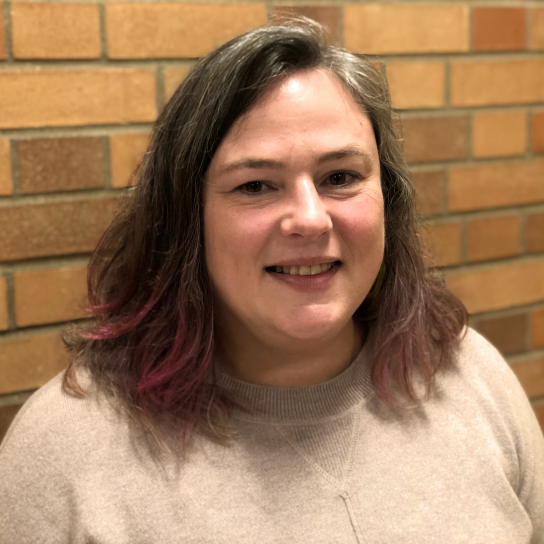by Carla Pfahl
Quick Summary
I gave a two-hour workshop on information literacy skills at the Education Minnesota annual conference this year. The session was well attended - with mostly all teachers in the audience and one media specialist.
Body
I gave a two-hour workshop on information literacy skills at the Education Minnesota annual conference this year. The session was well attended - with mostly all teachers in the audience and one media specialist. In the session, I highlighted how we work with students to focus their topics and how that helps them to formalize better search strategies and identify search terms from topic statements. We also talked about various searching skills such as using quotes around multiple words that mean one thing. An example I use to highlight this process is searching for information on the Whiskey Rebellion of 1794. Showing search examples also helps visualize how using quotes can affect the quality of results in the ELM databases and from a search engine.
Another topic discussed was the use of Wikipedia and information found on the web. Knowing how to evaluate information is critical to locating appropriate resources and having a strong base of information to pull for any project. I said that I didn’t think it was necessarily a bad decision to use information from Wikipedia. However, the information needed to be verified (outside of the references provided on the Wikipedia page) before using. We used the CABLE (Currency, Authority, Bias, Level, and Explore) method to evaluate several websites. Many in the audience were appreciative of the exercise saying it opened their eyes to actual content within a site and thought this would be a helpful tool to use with students.
I wrapped things up saying that website research, and information seeking in general, is a very subjective field. If students have a good grasp of their topic and know what they want to say, they will have an easier time locating good resources. However, I also told them that I often recommend students discuss the resources they intend to use for a project with their teacher because it will, again, solidify their topic and bring about a discussion of the resources discovered up to that point.
